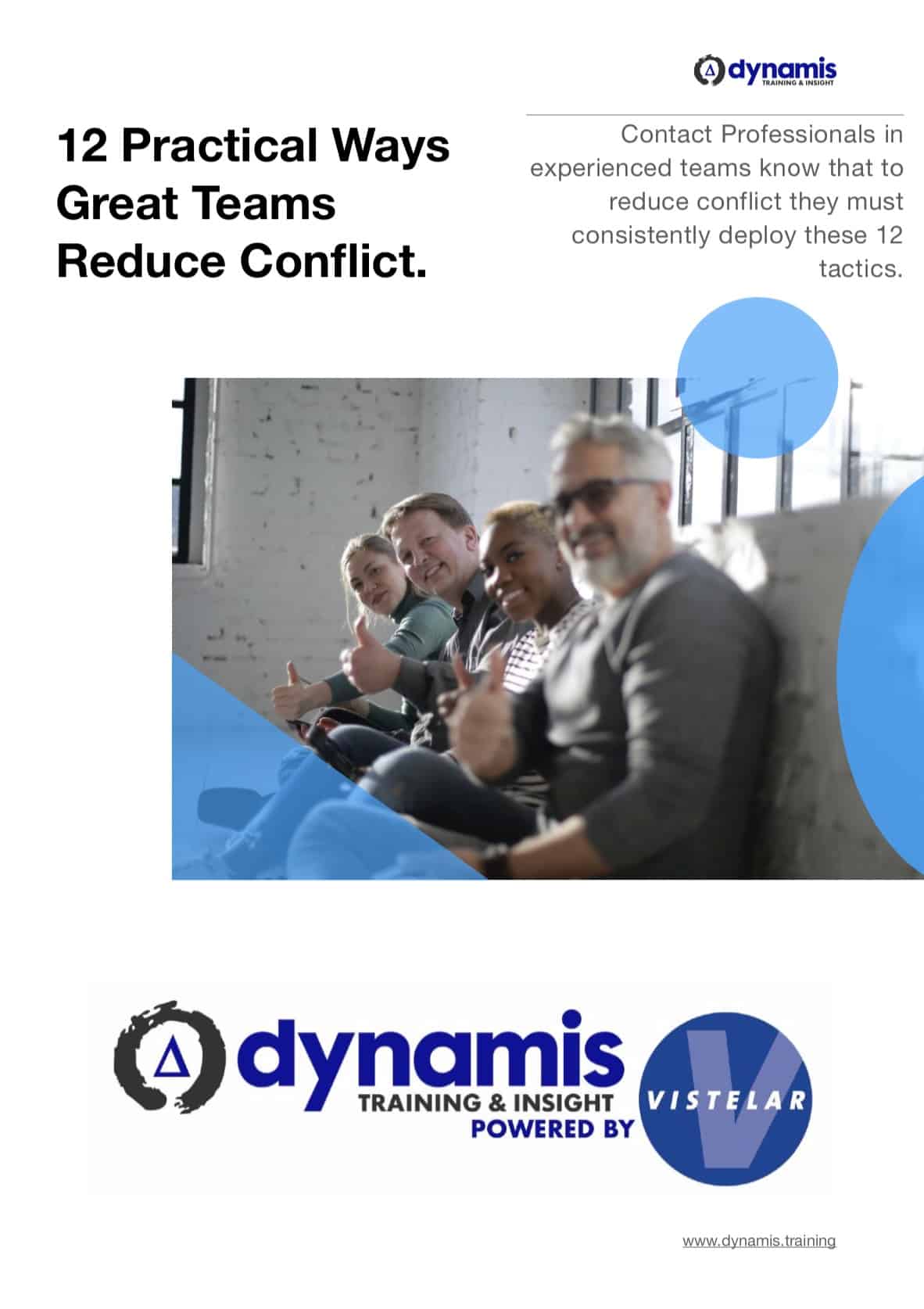Empathy in Conflict Resolution is so important that we really wanted healthcare teams to have an opportunity to explore their relationship with empathic listening and communication. One of the issues we know about in the emergency department is that in order to operate functionally and to be efficient staff in an emergency department have to be able to switch off parts of their empathic or emotional selves and not be emotionally affected by difficult or distressing things that are often going on in their work.
They may see trauma, they may see family dramas playing out. They may see children hurt. They may see older people drawing close to death and many other troubling scenarios in their work. And over time they will start to naturally disassociate from their not-unnatural emotional responses. They disengage from empathy.
However, this puts our ED teams particularly at risk of creating a hard outer shell – an unemotional and dispassionate perimeter – through which the real needs of patients and visitors at the hospital may not be able to penetrate. So staff may appear cold, uncaring, unkind, ungenerous, dispassionate, and give a perception that they are not really concerned about their patients or visitors. This a major problem in conflict resolution and is the “paradox of empathy” in the ED.
Survivors of an acute trauma remember “a lack of compassion” from their caregivers – TED Talk:
“Its Their First Time” – switching on empathy in Conflict Resolution
So it was important to us that we create some empathy practice activities in our conflict resolution training that would stimulate the staff to think about their ability to be open to the experiences of others, and to look at the visit to the emergency department in a different way – to look at it, in fact, from the perspective of the visitor or the perspective of the patient who’s coming into this environment for the first time,
I found that a really effective way I could do this was using “graphic medicine” experiences – using pictures and scenes in a graphic novel format.
Using a graphic-novel format, we ask the staff to look at a picture, to put themselves in the place of the person in a scene and then to describe that person’s perspective, their feelings, their needs, their desires, their drivers, the influences over their behavior. This approach was successful in that it really forced the staff, sitting in silence for a few moments interrogating a scene with their imagination, to consider what the emergency department experience looks like through the eyes of one of their patients or visitors. This is an approach from our Vistelar conflict management program called “see the world through their eyes”, which is part of the five approaches we use for how to show people respect, even when it is difficult.
Through this graphic novel approach and the use of video clips and through the stories that the staff told themselves, we were able to activate the Empathy Triad:
- acknowledge their perspective
- seek to understand, and then
- anticipate the person’s needs
Dynamis provides a comprehensive conflict management training programme which spans the whole spectrum of encounters in a hospital environment. In this series of posts, our Director of Training reflects on key ideas in addressing conflict in the hospital.


